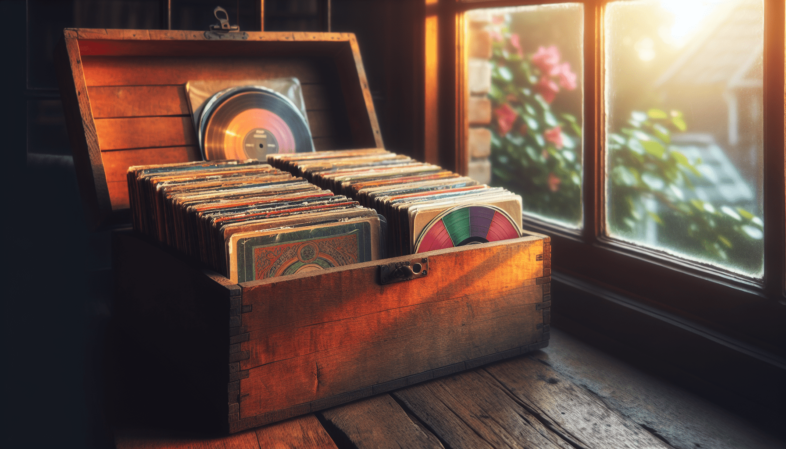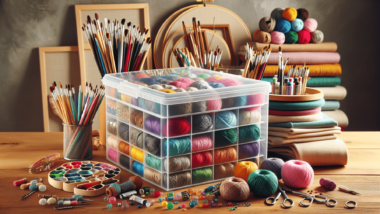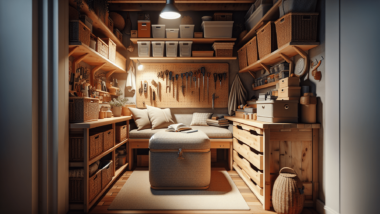Have you ever looked at your growing vinyl record collection and wondered how to keep it organized and protected? If that thought has crossed your mind, you’re certainly not alone. Collecting vinyl records can be an incredibly satisfying hobby, and like all cherished items, they deserve proper care.
Understanding Vinyl Records
The Allure of Vinyl
Vinyl records hold a unique place in the realm of music and culture. There’s something almost irresistible about their soulful sound and tactile experience. Whether it’s the crackle of the needle hitting the groove or the rich warmth that digital mediums often fail to replicate, vinyl offers an unparalleled auditory journey.
The Fragility of Vinyl
However, this charm is balanced by their delicate nature. Vinyl records can be easily scratched, warped, or damaged by dust and sunlight. Understanding their vulnerability is the first step in ensuring their longevity.
The Basics of Vinyl Record Storage
Temperature and Humidity
The environment where you store your records is critical. Vinyl loves stable conditions, away from excessive heat, cold, and moisture. Extreme temperature changes can cause warping, while high humidity might encourage mold growth.
- Ideal Temperature: Around 65-70°F (18-21°C)
- Ideal Humidity: 45-50%
Positioning and Placement
Vinyl records should always be stored vertically. Stacking records horizontally can cause undue pressure on the discs, leading to warps and even cracks over time. Think of them like books on a shelf — they should stand tall and proud.
- Vertical Storage: Minimizes stress on discs and helps maintain shape.
- Avoid Overpacking: Give your records some breathing room. Cramming them tightly can lead to ring wear and make it difficult to pull them out.
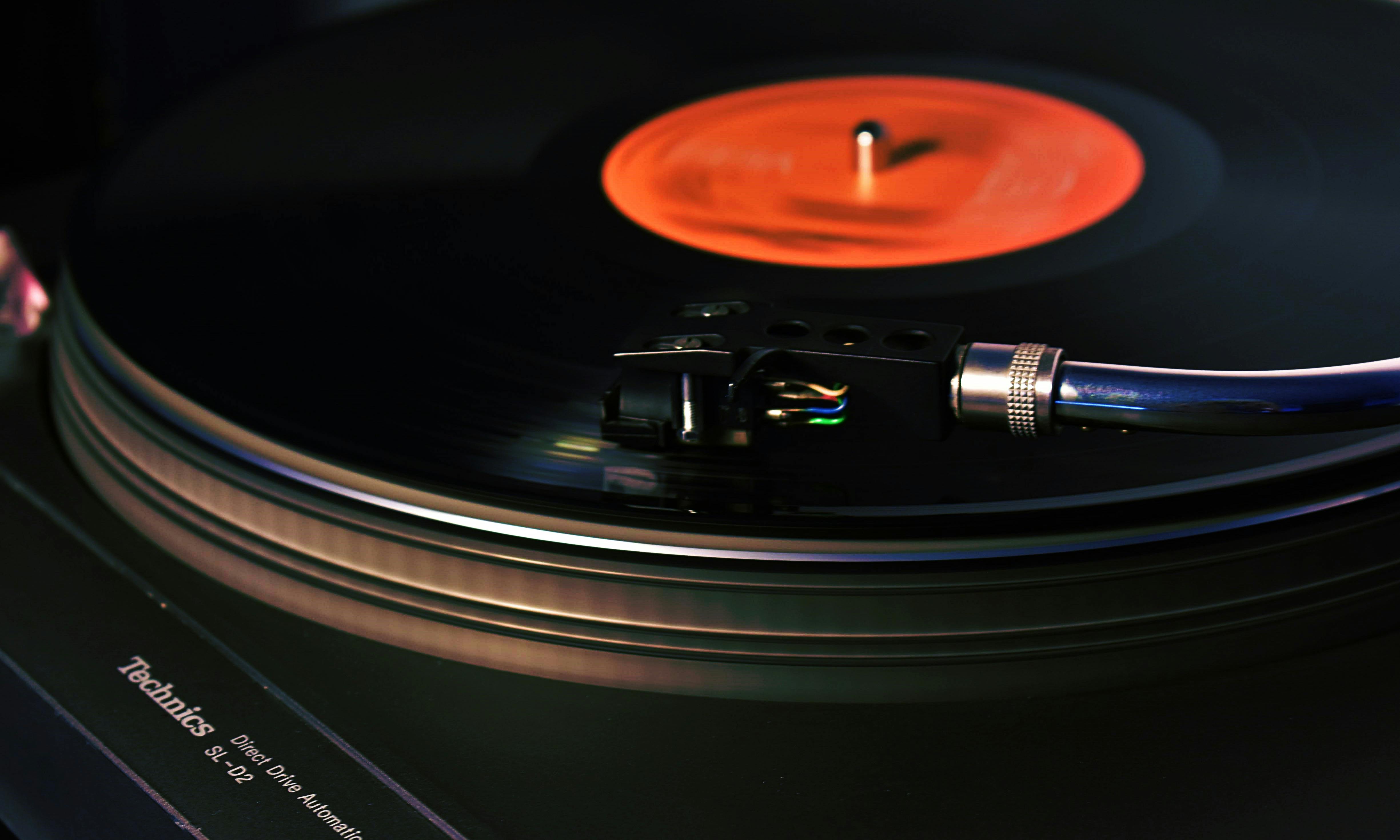
This image is property of images.pexels.com.
Types of Storage Solutions
Shelving Units
One of the most popular storage solutions, shelving units offer both style and substance. They can be custom-built to fit your space and collection size.
Wooden Shelves
Wooden shelves exude a classic charm that often complements the vintage feel of vinyl. They are sturdy and often customizable.
- Pros: Durable, aesthetically pleasing, customizable.
- Cons: Can be expensive, heavier.
Metal Shelves
For a more modern look, metal shelves provide a sleek and durable option.
- Pros: Sturdy, often more affordable, modern aesthetic.
- Cons: Can be less forgiving (likely to dent or scratch records), sometimes difficult to assemble.
Record Crates
Record crates are a nostalgic nod to the past. They’re portable, easy to stack, and often bring a touch of rustic charm to your space.
Wooden Crates
Wooden crates are a classic choice, often handmade and capable of holding a decent amount of records.
- Pros: Sturdy, portable, rustic look.
- Cons: Can be bulky, wood can splinter over time.
Plastic Crates
Plastic crates are the modern alternative, usually lighter and more affordable.
- Pros: Lightweight, inexpensive.
- Cons: Less durable, can appear less stylish.
Specialized Furniture
For the true vinyl aficionado, specialized furniture designed specifically for vinyl records can elevate your storage game to new heights.
Record Consoles
Record consoles combine storage and functionality, often including space for a turntable and additional components.
- Pros: Multi-functionality, specialized design.
- Cons: Expensive, typically require assembly.
Record Cabinets
Record cabinets offer a more enclosed storage solution, protecting your records from dust and sunlight.
- Pros: Protects records, aesthetically pleasing.
- Cons: Expensive, may need custom work.
Sleeves: First Line of Defense
Outer Sleeves
Outer sleeves act as a barrier between your records and potential external damage such as dust, scratches, and sunlight.
- Material: Polyethylene or polypropylene are common materials.
- Tip: Look for sleeves that are at least 3 mil thick for better protection.
Inner Sleeves
While outer sleeves guard the covers, inner sleeves protect the actual vinyl.
- Material: Anti-static polyethylene or archival paper with poly-lined interiors.
- Tip: Replace paper sleeves that come with new records as they can cause scratches.
Organizational Tips
Alphabetically by Artist
A classic method that most collectors swear by. This system makes it easy to locate a specific artist’s work quickly.
Genre-Based Organization
Group your records by genre for a more thematic approach. Whether it’s jazz, rock, or classical, genre-based organization helps if your listening habits are usually genre-specific.
Chronological Order
For the more meticulous collector, organizing records by release date can offer a historical narrative. This method allows you to see the progression of an artist or genre over time.
Color Coding
If you’re visually inclined, consider color-coding the spine of your records. Small, colored stickers can correspond to genres or other categories that make sense to you.
Label-Based Storage
Another unique method is organizing your collection based on record labels. This can be particularly useful if you have special fondness or collect records from specific labels.
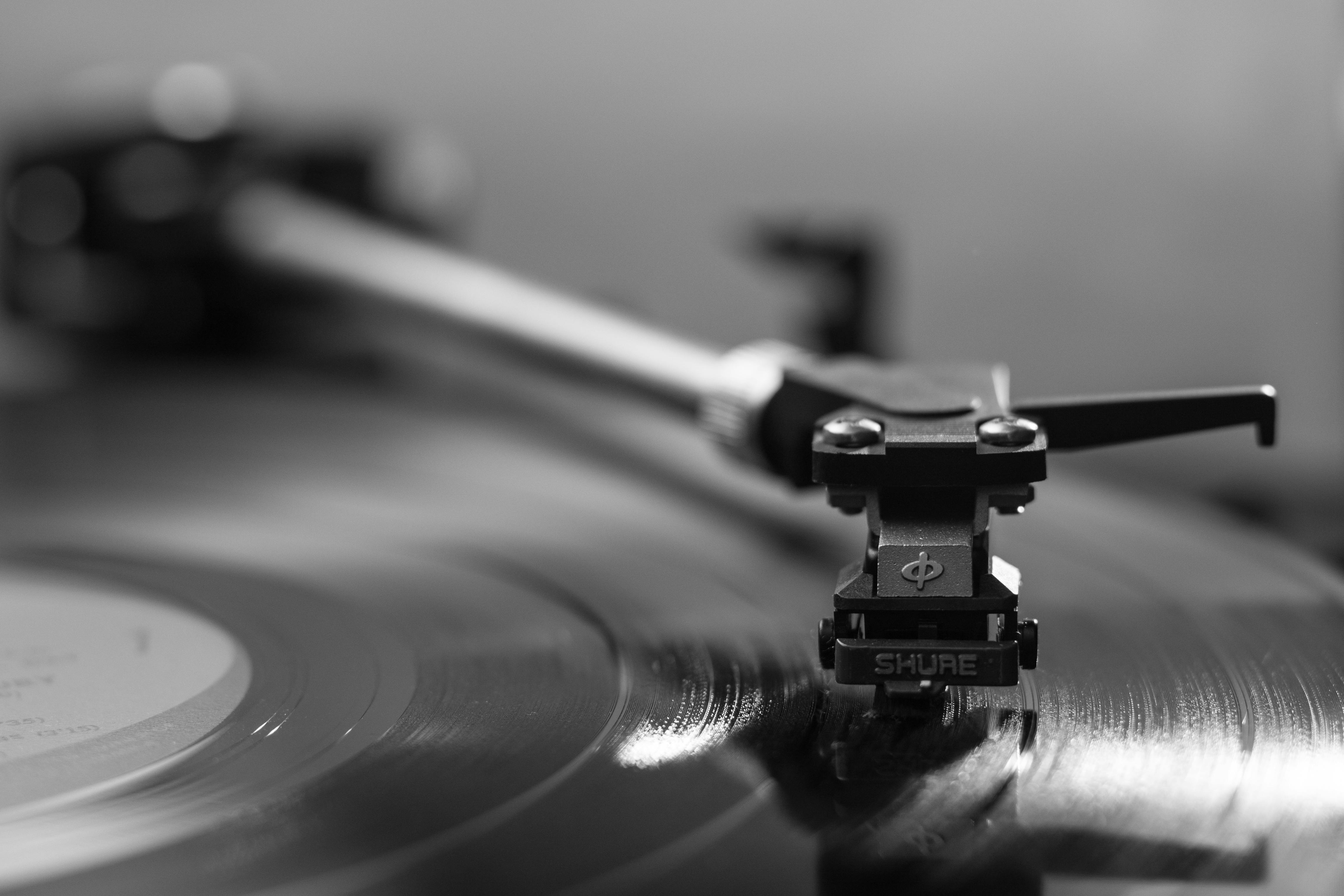
This image is property of images.pexels.com.
Maintenance and Cleaning
Cleaning Your Records
Keeping your records dust-free is vital for longevity and sound quality.
Record Cleaning Machines
Investing in a record cleaning machine can be a game-changer. These machines provide a deep clean, removing dirt and grime that manual methods might miss.
Manual Cleaning Kits
A more budget-friendly option, manual cleaning kits usually include a brush and cleaning solution.
- Use Distilled Water: Always use distilled water to avoid mineral deposits.
- Circular Motions: Clean along the grooves, not across them.
- Dry Properly: Use a lint-free cloth to dry your records.
Maintaining the Sleeves
Outer and inner sleeves can also accumulate dust and dirt over time.
- Wipe Down: Use a microfiber cloth to wipe the outer sleeves occasionally.
- Air Out: Let your inner sleeves air out periodically to prevent mustiness.
Preservation Tips
Handling Your Records
Always handle records by the edges and the labeled center. Touching the grooves can transfer oils and dust, which degrade the sound quality.
Storing Rare Records
For special, rare, or valuable records, consider additional protective measures.
- Archival Boxes: Specially designed boxes that provide additional protection.
- Climate-Controlled Storage: If you have extremely valuable records, a climate-controlled storage unit might be worth the investment.
Periodic Review
Regularly take the time to review and possibly reorganize your collection. This can be an exciting process, akin to rediscovering your favorite albums and perhaps noticing those you’ve yet to appreciate fully.
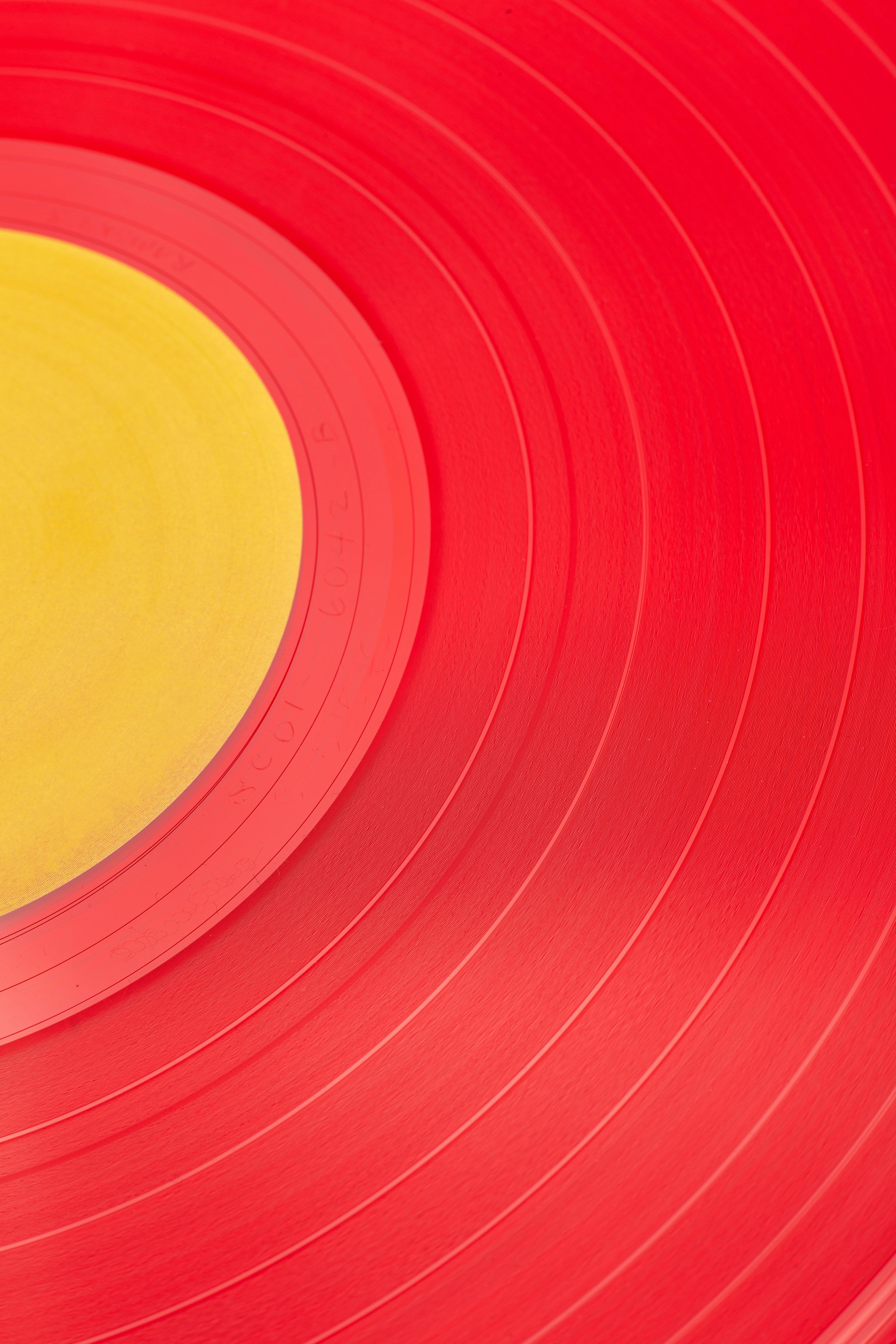
This image is property of images.pexels.com.
Enhancing Your Listening Area
Comfortable Seating
Create a cozy spot where you can fully appreciate your records. A comfortable chair or couch close to your turntable setup can complete the experience.
Proper Lighting
Your listening area should be well-lit, but avoid direct sunlight on your records. Adjustable lamps can add both functionality and ambiance.
Acoustic Treatment
To improve sound quality, consider acoustic treatments like foam panels or carpets. These elements reduce echo and enhance the auditory experience.
Community and Sharing
Join a Vinyl Club
Many cities have vinyl record clubs where collectors meet, share, and trade. These gatherings can offer new friendships, rare finds, and a sense of community.
Online Forums
Forums like Reddit’s r/vinyl or specific Facebook groups can be treasure troves of information, advice, and camaraderie.
Record Fairs and Events
Attend local record fairs to discover hidden gems and meet like-minded enthusiasts. These events can also be an excellent opportunity to learn from seasoned collectors.
Final Thoughts
Your vinyl collection is more than just a series of discs — it’s a tangible archive of memories, experiences, and passions. With the right storage, care, and organizational strategies, you can ensure that these cherished items bring joy for many years to come. Whether you’re just starting out or have an extensive collection, proper vinyl record storage is an investment in both your collection’s longevity and your listening pleasure.
